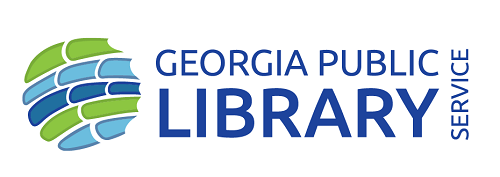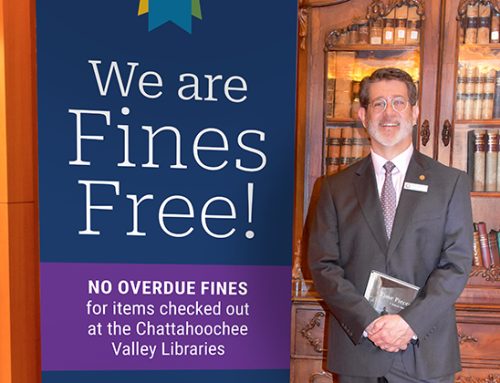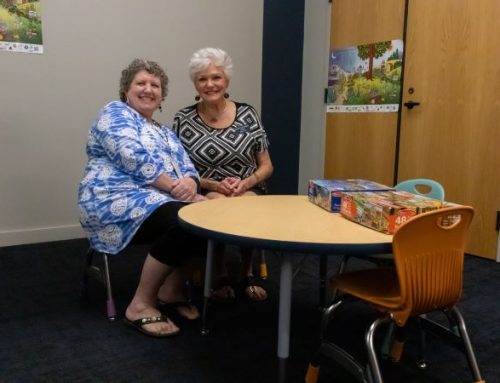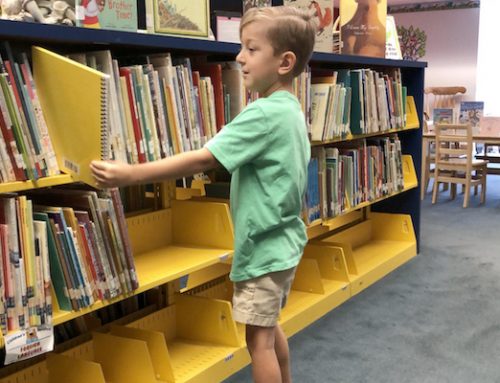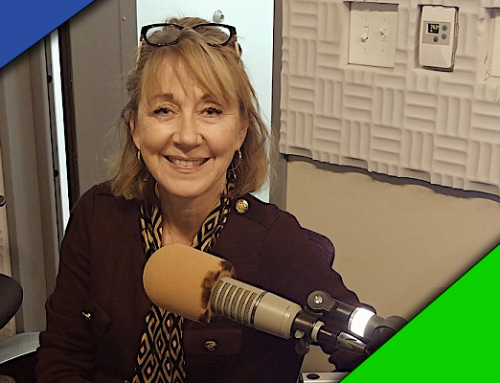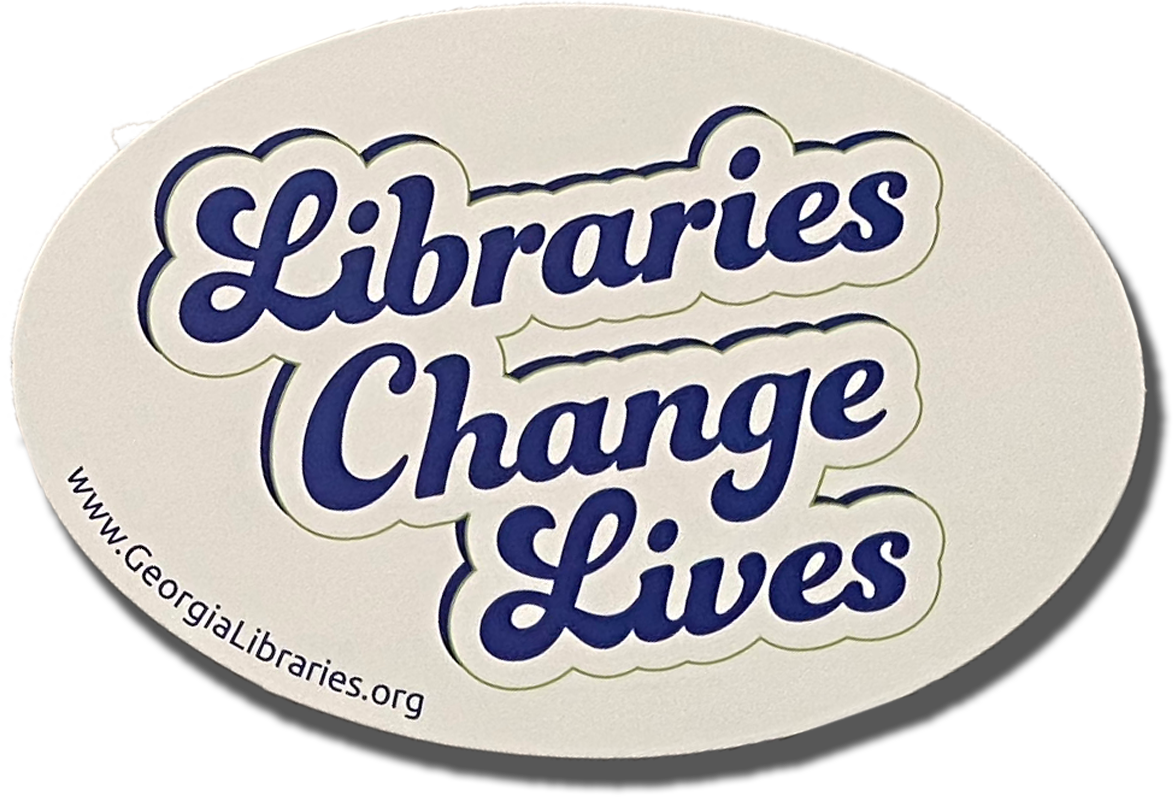For the past year, Jim Neal has served as president of the American Library Association, the oldest and largest library association in the world. He has focused on making the organization more accessible to its members. “We are working on changing the annual and midwinter conferences to make them richer and programmatic and responsive to our users,” says Neal. During a recent visit to Georgia, we sat down with Jim at the Atlanta University Center Robert W. Woodruff Library to talk about advocacy, community engagement, and the importance of libraries.
Georgia Public Library Service: Why are libraries important?
JN: Libraries have an important role in helping people be successful in their lives. They help make communities healthy by providing a range of information services, lots of good content, important programs and support, and in many ways, libraries are an anchor in their communities. Libraries are places where people can come and they’re not asked who they are or why they’re there. There are not many places in this world where that is the case.
GPLS: How can libraries advocate for support from legislators and policy makers?
JN: Librarians and library workers need to be knowledgeable about the legal and legislative issues. We need to be willing to get involved in the work of political advocacy, to speak to our local elected officials, and to work with people we send to Washington to get them to understand how central our libraries are to our communities. We need to let them know what impact a legislative action has and how important funding is to the works of libraries. That means that we need to bring our elected officials into our libraries to show them the exciting things that are going on there.
GPLS: What skills and training do you consider to be most relevant for 21st century librarians and library staff?
JN: There needs to be a firm grounding in the values and principles of librarianship. There are certain things that we represent and care about. Whether it be the equity of access or issues such as intellectual freedom and privacy, we need to be grounded in those values.
We also need to have a very strong orientation to our users and service commitment, because that’s ultimately what we are about – helping our users find information and be successful in their lives.
The library going forward is going to require continuing education around the technologies that impact our work and enable us to serve our communities. It is also important that people who work in libraries have a sense of social justice, recognizing that we are an important player
in making sure that all people are served and that there is not discrimination or bigotry in the work of our communities. We help people be successful by breaking down many barriers. I think libraries need to be a part of that solution.
GPLS: What current events or issues should libraries pay close attention to?
JN: We need to remain focused on the things that are central to our work. Clearly, the funding that comes out of our states and local governments, but also the federal level. We need communicate the importance of that. Each year, we see at the federal level funding for libraries being eliminated and we have to fight back in order to get it restored. This year, we actually got a little bit more money, which was a real important progress.
There are lots of very complex issues around government information, copyright, telecommunications and internet that are central to our work. We need to be seen at the table for those types of questions. We also have a strong interest In issues around gun violence, immigration, economic inequality, bigotry and racism. We need to be prepared to support our communities in terms of understanding those issues and bringing people together to talk about them, and by also representing how important it is to not go down inappropriate paths to reinforce those things which are so negative to our society.
GPLS: As library users expectations grow and evolve, which ones should libraries focus on addressing?
JN: Our users are focused on content. They see the library as playing a very important role in putting them in touch with reputable, correct, and factual information. That is particularly valuable in the Internet world, where so much information is accessible, but not always accurate, current, or dependable. Libraries must serve that role.
We are also critical in putting our users in touch with technology. Our students and many people in our community have iPhones, iPads, and other tools, but sometimes they need higher-end technology. They might need a larger screen for greater accessibility. They need tools and applications they may not be able to get themselves. The library plays a role in not only implementing but supporting the use of those technologies.
Library workers need to be willing and able to reach outside the walls of the library and be involved in the community. Lots of libraries are involved in providing, for example, a meal program every summer when young people may not have access to breakfast and lunch in their schools. Libraries are critical in helping people come together around book clubs and bringing communities of interest together to read, talk, and learn together. We are very involved with small businesses and people in our communities who want to start new businesses. We provide access to a lot of information about products and markets, but also the tools for starting a small business. All of those add up to a very different role for libraries in the communities and supporting users.
There’s another aspect of our work which is also very important in both academic and public library settings, and that is working with new immigrant communities. We know that there are lots of people who live in our cities and are on our campuses who come from other countries around the world. Libraries play a role in providing them with an understanding of this country. Many public libraries provide English language classes, as well as provide access and support to get health services and community services. That type of diversity in terms of who we work with and the types of users we define as our community is really important.
GPLS: Just for fun… do you prefer e-books or printed books?
JN: It depends on what I’m doing. For research, I want e-books. If I am doing work on economic history, for example, I would like to have a database of 10,000 e-books so that I can search across that literature and find connections and relationships between ideas. I can also access them wherever I am and don’t have to compete with others to be able to read that work. But if I am at home late at night sitting on the couch or somewhere on a cruise ship, sometimes that printed books feels good. There are advantages on both sides, and for me, it comes down to why I’m reading that book.
